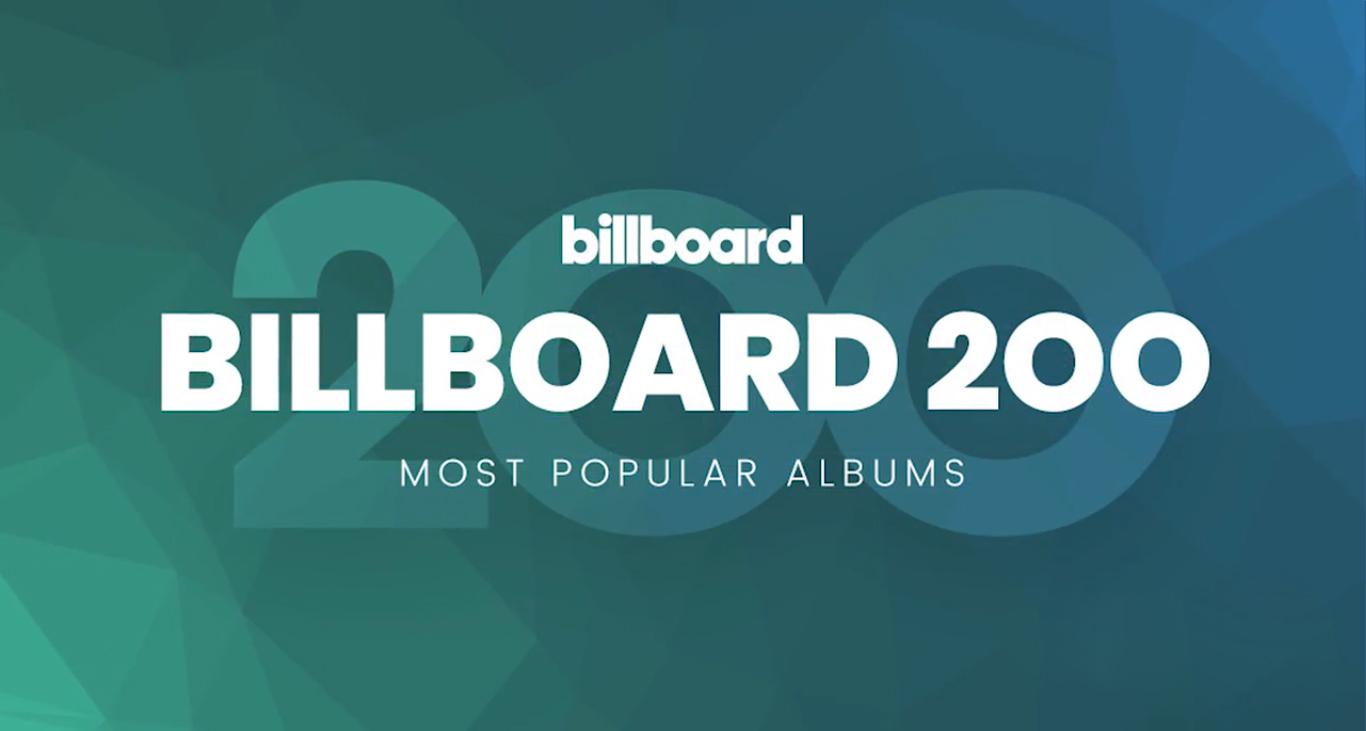The album chart’s calculations will incorporate officially licensed video content data from services such as Youtube, Apple, Spotify, Tidal, and Vevo. According to Billboard, the inclusion of video data into the Billboard 200 arrives five years after audio streams were added, which has shifted the chart from measuring album sales to a consumption model. The new changes to the charts will also affect Billboard’s genre album consumption charts such as Country, R&B/Hip-Hop, Latin, and others. The brand had previously included YouTube video viewership numbers as part of its Billboard 100 chart and genre-specific charts back in February 2013. For those unfamiliar, the 100 chart focuses on tallying the performance of individual songs from artists.
In the interest of keeping things fair, Billboard will only look at viewership for official music videos uploaded by or on behalf of rights holders. Given the existence of unofficial uploads or reuploads of music videos on platforms such as YouTube, video data from unauthorised third parties will not be factored in. The Billboard album charts that includes video data will be accessible to users beginning on 18 January 2020. (Source: Billboard 200.// Top image: pxhere.com )
